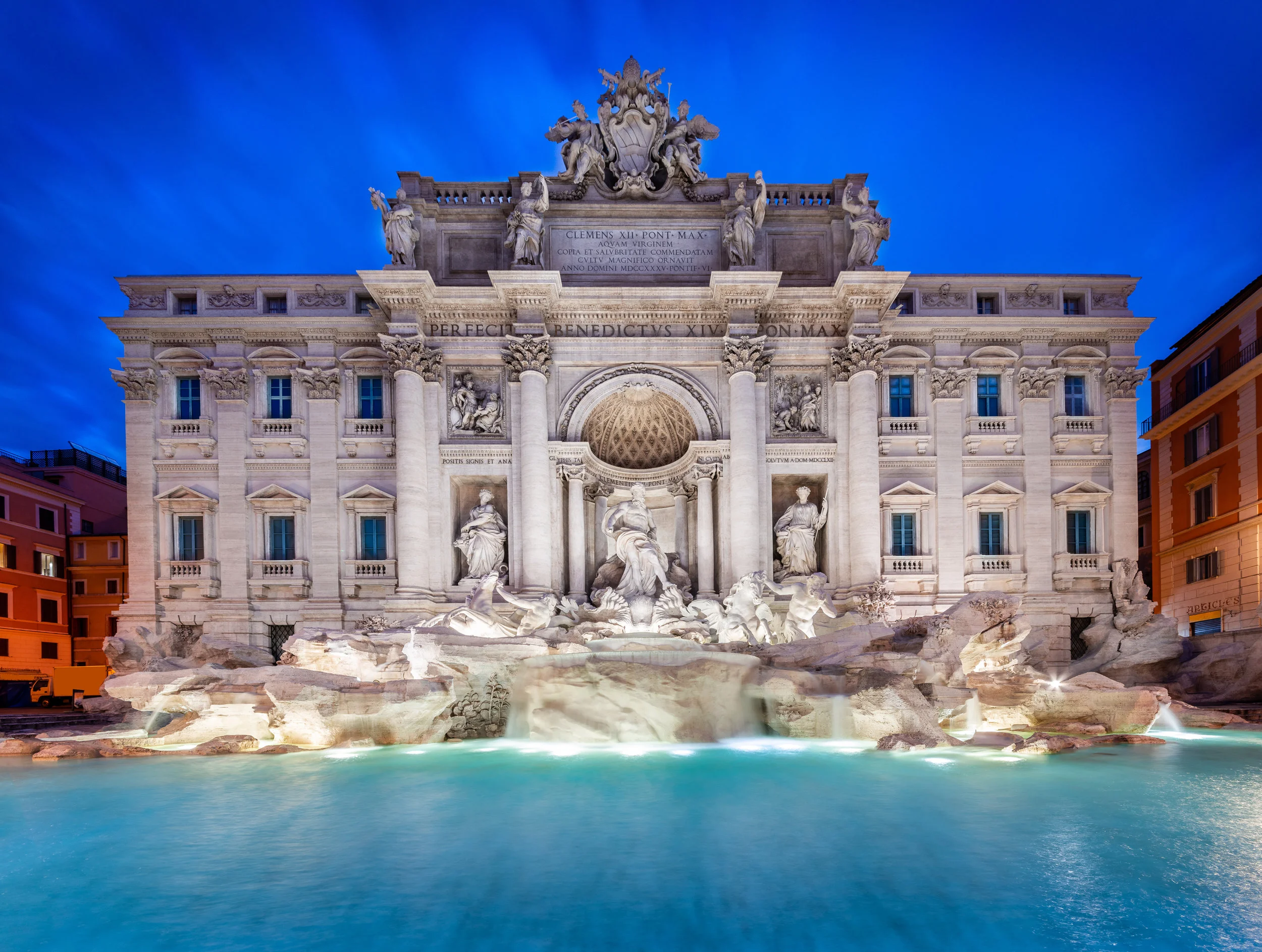UTO UGHI – A life dedicated to the violin
Heir to the first great violin schools that were born and flourished in Italy, Uto Ughi manifested his extraordinary talent from early childhood. At the age of twelve, critics wrote about him: "Uto Ughi must consider himself an artistically and technically mature concert performer".
He began his great tours by performing in the most important European capitals. His career has not stopped since then. He has played all over the world, in the main festivals and with the most renowned symphonic orchestras, conducted by the greatest masters of our time.
Uto Ughi does not limit his interests to music alone, but is at the forefront of the country's social life, and his commitment aimed above all at safeguarding the national artistic heritage. With this in mind, he first founded the Omaggio a Venezia festival, to raise funds for the restoration of the city's historic monuments, followed by the Omaggio a Roma festival (from 1999 to 2002), to diffuse the great international musical heritage, organising free open concerts and enhancing young talents trained in Italian conservatories.
These ideals were revived in 2003 and are currently carried on by the Uto Ughi per Roma festival, of which the violinist is creator, founder and artistic director.
Maestro, your extraordinary musical talent emerged since your public debut, at the Teatro Lirico in Milan, when you were only seven years old. Do you have any memories of your first performances?
The most vivid memories are of when I was ten years old and they introduced me to the Accademia Chigiana, which was the most important postgraduate school in the world and hosted the greatest interpreters of the century: I was lucky enough to follow the courses of Enesco, Segovia, Casals, Celibidache, Cortot.
A life dedicated to music. How did your love for this art - and in particular for the violin - blossom and how did your musical training take place?
By being in contact with the great musicians who frequented my house, like the first violin Coggi. Or at La Scala, under the guidance of Toscanini and many others. And then my parents took me to Enesco in Paris, who was Menhuin's teacher: my lifelong idol and one of the artists who inspired my entire musical life.
What do you feel during a concert and what do you wish to convey to your audience?
I simply wish to share the emotion. Art is sharing. Paganini used to say: no one is able to communicate if he does not feel excited in the first place.
Is there any particular musical piece that you prefer to interpret more than others?
I think that music is an extraordinary vehicle for communication and education in good taste, in life choices, and young people who are lucky enough to know and love it hardly follow the wrong paths such as drugs and violence. Music is an extraordinary spiritual discipline, which can truly improve society. The piece you play, therefore, depends on the emotional moment in which you are and also on the spiritual need of the moment you are living.
Recently, Beethoven's Violin Sonatas, published by Sony Classical International, were released for the first time ever on CD. You recorded them in 1978 together with the extraordinary pianist Lamar Crowson. What does Beethoven represent for a violinist?
These Beethoven sonatas are his most important work, written for the violin and the piano, and they include three distinct periods of Beethoven's creative path. The first is the period of the classical form of the sonata, expressed by the first sonatas, until spring: among these, sonata number 7. The second is the heroic period, the most dramatic one, which includes sonata number 9 (performed by me with the Stradivari Kreutzer, to which Beethoven dedicated his famous sonata) and in which the musician, being a convinced advocate of the freedom of people from oppressive regimes, manifests all his ideals of heroism. And, finally, the sonata number 10 op. 96, is part of the last period of Beethoven's creation, like the last quartets, which mark the overcoming of the great suffering due to his illness - deafness - reflecting themselves in profound meditation and in the resolution of earthly anxieties: a period of pure contemplation of beauty and spiritual depth.
Among the violins in your possession are a Stradivari Van Houten-Kreutzer from 1701 and a Guarneri del Gesù Cariplo-Hennel-Rosé from 1744, which belonged to Arthur Grumiaux. What are the main differences between the two?
Beethoven's sonatas are recorded with the Stradivarius, which has a clearer, more classic, and more Apollonian sound: a more transparent one. The Guarneri, on the other hand, has a sound more suited to a romantic repertoire: Schumann, Brahms, for example; or even Bachian polyphony. For Beethoven, I chose the Stradivarius because this instrument is better suited to a classical repertoire.
Tell us a little about yourself: what are your interests, besides music?
I love everything related to thinking: music must always correspond to a thought, otherwise it would be superficial and ephemeral entertainment. I love literature, what the great creators of humanity have expressed ... and not a day must go by without my mind being enriched with new intellectual stimulations.
Cover: Uto Ughi
images courtesy of the artist






